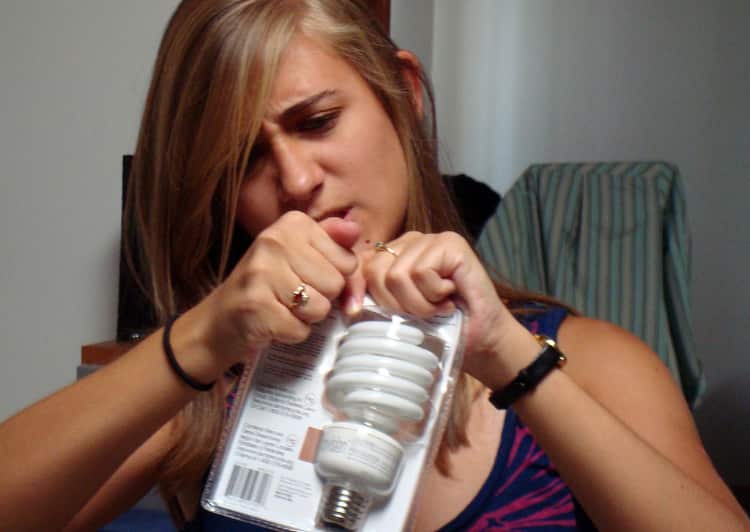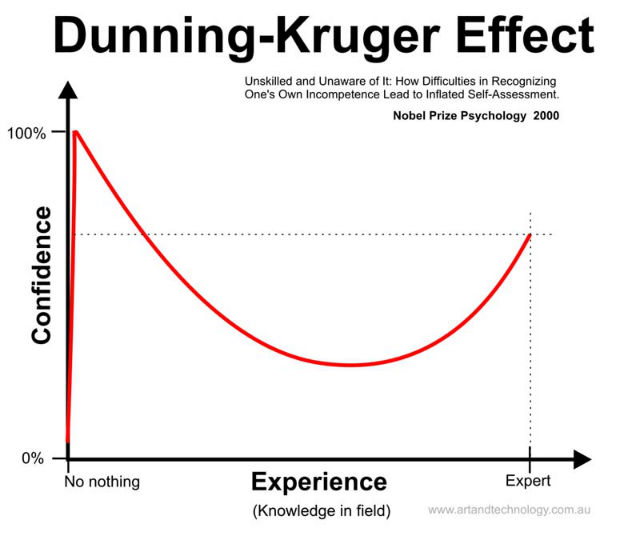38 Psychology Facts to Explore the Mind’s Mysteries
Table of Contents
10/38
Study finds women’s secrets typically revealed in under two days.
A study suggests women may share secrets within 47 hours and 15 minutes of learning them.
9/38
“Wrap rage” is anger from opening tough, often sealed, packaging.
Wrap rage, also known as package rage, is a real phenomenon where people experience intense frustration and anger due to the inability to open packaging, particularly some heat-sealed plastic blister packs and clamshells.
8/38
Pseudocyesis is experiencing pregnancy signs without carrying a baby.
Pseudocyesis, also known as false pregnancy, can manifest with all the classic symptoms of pregnancy, such as abdominal enlargement and feeling fetal movements, but without an actual fetus being present. This condition is a mix of psychological belief and physical changes, revealing the intricate ways our bodies and minds are interconnected.
7/38
Mirrors can trick brains into seeing distorted faces as monsters.
When you gaze into a mirror without breaking eye contact, your brain can create illusions, sometimes morphing your reflection into what seems like monstrous figures. This is due to the Troxler Effect, where the brain begins to ignore unchanging stimuli in your peripheral vision.
6/38
Playing Tetris after a traumatic event may reduce the occurrence of flashbacks.
Studies suggest that engaging in the game Tetris within hours of experiencing trauma can interrupt the memory consolidation process, potentially reducing post-traumatic stress symptoms and lessening the frequency and intensity of traumatic flashbacks.
5/38
Misophonia is a condition where specific sounds like chewing or tapping trigger severe emotional distress.
Distress caused by the sounds of eating, breathing, or tapping is an actual psychological condition known as Misophonia. Are you sensitive to noises such as gulping, biting, or whistling? This could indicate that you have Misophonia, a disorder that makes certain sounds unbearable.
4/38
The Dunning-Kruger effect suggests that the less people know, the more confident they are in their mistaken beliefs.
The Dunning-Kruger effect is a cognitive bias where people with lower ability at a task overestimate their own ability. This bias was first identified by researchers Kruger and Dunning in 1999. It suggests that those with limited knowledge or competence in a particular area tend to greatly overestimate their knowledge or competence. This effect has been revisited and supported by further studies, reinforcing the idea that people may not only perform certain tasks poorly but also lack the self-awareness to recognize their deficiencies.
3/38
Swearing Can Boost Pain Tolerance
Studies indicate that swearing can actually increase your tolerance to pain. This is because letting out a curse word can provoke an emotional response which in turn affects the body’s pain response system. So next time you stub your toe, a swear word might just be the temporary relief you need.
2/38
The Cobra Effect refers to a situation where an attempted solution to a problem actually makes the problem worse.
The Cobra Effect illustrates unintended consequences when an offered solution worsens the problem it was meant to solve. Originating from colonial India’s cobra overrun, the British government’s bounty on cobras led to artificial breeding. Once the bounty ceased, the breeders released their cobras, ironically boosting the wild cobra population. This effect highlights the unexpected complexities in problem-solving.
1/38
“Flow State” is when one is fully absorbed and enjoys an activity with a balance of skill and challenge.
In positive psychology, ‘flow‘ denotes a state of complete immersion in an activity. This state enables a person to engage so thoroughly that awareness of time fades, along with self-consciousness about performance.

































